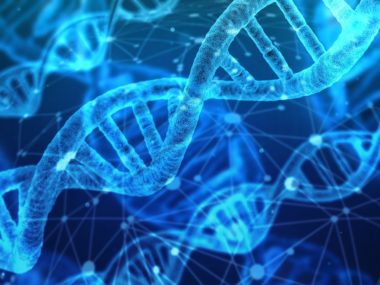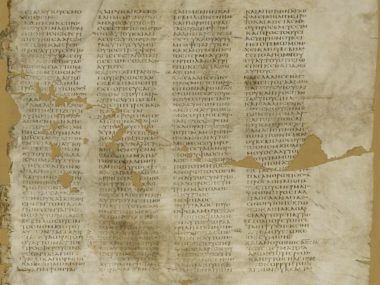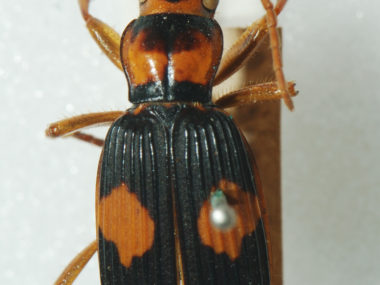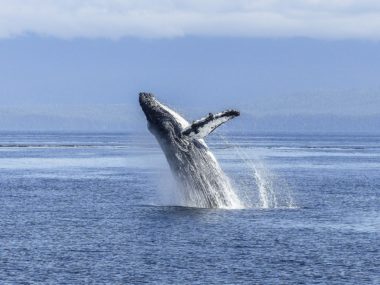Decades ago, most evangelicals were debating the creation days and the age of the earth. The Orthodox Presbyterian Church (OPC) and the Presbyterian Church in America (PCA) came out with separate study reports on creation, and both decided to allow a range of perspectives within the bounds of orthodoxy.1 In the mid-90s, the Christian Reformed Church (CRC) also came out with an important report on these matters.2 Looking back, the cracks were already appearing in the evangelical doctrine of creation, but those were halcyon days compared to the situation today.
The views expressed in this article reflect those of the author, and not necessarily those of New Creation.

Fast forward to 2009 when Francis Collins received a $2,000,000 grant to start a new organization called BioLogos. The main purpose of BioLogos was to show North American evangelicals that evolution and Christian faith can be happily married (Collins is a famous geneticist who back in 2000 co-authored a draft of the entire human genome known as the Human Genome Project).3 But it was not long before trouble came knocking.
In 2010, the respected Old Testament scholar Bruce Waltke did an interview with BioLogos, an excerpt of which was later posted online. In that excerpt, Waltke said that any Christians who deny evolution are part of a cult—that was the word he used. At the time, Waltke was teaching at Reformed Theological Seminary (RTS), but the interview blew up in his face and his words proved too hot to handle. Despite posting a subsequent clarification and explaining that he affirmed a historical Adam and Eve, a fall, etc., he would eventually resign from RTS (some wags dubbed the fiasco “Waltkegate”).4
Something similar happened to Tremper Longman, who was then professor of Old Testament at Westmont College. In 2010, he was disinvited from RTS for expressing skepticism about the historical Adam. Many other scholars have lost their jobs at Christian institutions because of their views on human origins: e.g., John Schneider and Howard Van Til at Calvin College (now “University”), Jim Stump at Bethel College, and Peter Enns at Westminster Theological Seminary.5 Each case prompted another round of institutional soul-searching and debates about theological liberalism, academic freedom, the future of evangelicalism, and so on.
In the face of this controversy, most evangelical academics want nothing to do with this mess. Besides, theologians are often uncomfortable with science-faith debates—as are pastors. Even if one reads widely, the discussions are intimidating and confusing. Many look to organizations like BioLogos for help on how to think through these issues, while others who have misgivings with evolution opt instead for a creationist ministry, e.g., Answers in Genesis (young earth) or Reasons to Believe (old earth). Still others prefer to sit on the fence, unsure what to think, perhaps hoping it will all go away . . . or that Jesus comes back first.
I can relate to these instincts. For many years, I avoided getting involved in these issues. Like many, I don’t like rocking the boat. Life is less complicated if I can simply assent to mainstream positions in the culture and the academy. Why be the fellow who believes things others find foolish or untenable? However, as I kept researching and participating in conferences and symposia, I noticed scholars who once boasted impeccable theological credentials were now routinely defending positions that were built on questionable exegesis. They were willing to put up with it to avoid conflicts with science—usually evolution. They assumed that their revisionist interpretations had little to no theological impact.
However, this assumption that there is “no theological impact” is mistaken. Theologically, there’s much at stake if Christians accept the standard view of evolution. That becomes clear as we consider three areas touching on the doctrine of sin.
The Doctrine of Original Goodness
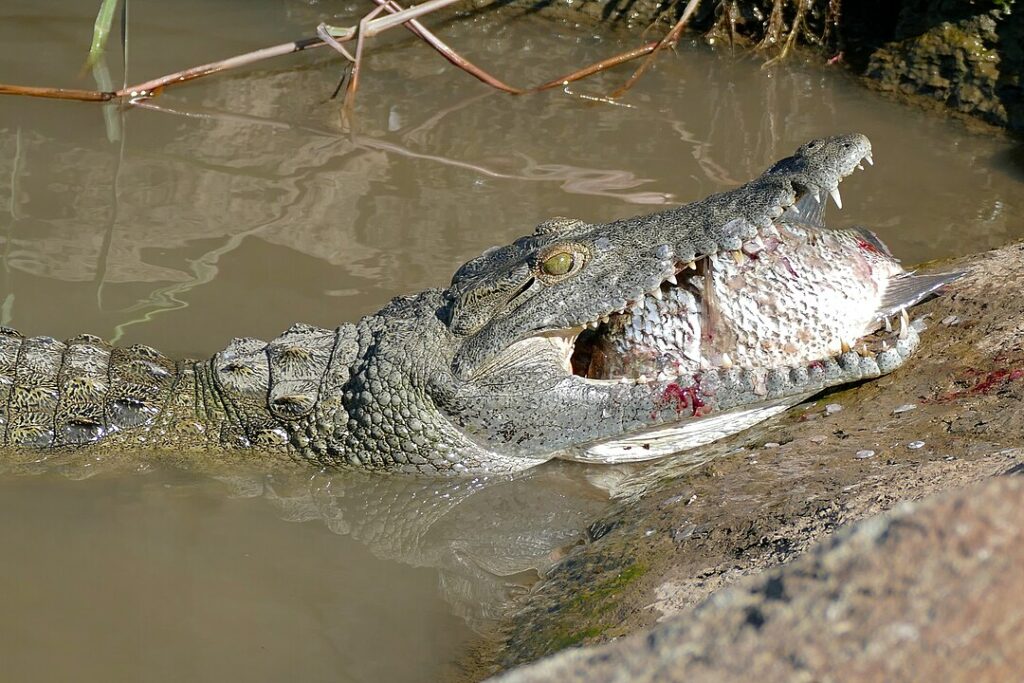
Evolution has a problem explaining evil. In the evolutionary picture, the world has experienced millions of years of horrendous levels of animal suffering with brutal cycles of violence and death, again and again . . . and again. Biological evolution is impossible without the death of organisms.
Over the past 10 or 20 years, countless books and articles have been published trying to “solve” this problem of evil—e.g., John Schneider, Animal Suffering and the Darwinian Problem of Evil; William Dembski, The End of Christianity: Finding a Good God in an Evil World; Nicola Creegan, Animal Suffering and the Problem of Evil; and Michael Murray, Nature Red in Tooth and Claw: Theism and the Problem of Animal Suffering (that’s just the tip of the iceberg).6 They’re looking for the Holy Grail, namely, an answer to this question: How can God still be good while allowing so much animal suffering and death?
Some respond that all animals will be resurrected in heaven, which will make up for all the suffering they experienced in this life. Others conclude that animal pain and death are not “suffering” at all—we think they feel pain like humans when in fact they do not. Interestingly, one minority view goes so far as to argue that animals are morally responsible; they are “sinners” of a sort and thus to blame for their own suffering.7
But if some animal pain and suffering is truly evil, then God cannot have made the world that way from the beginning. Scripture never depicts God as morally responsible for evil. The Lord is the thrice-holy God: “Holy, holy, holy is the LORD of hosts; the whole earth is full of his glory” (Isa. 6:3). Here is the problem: If eons of animal pain and suffering happened millions of years before humans arrived on the scene, then natural evil is part of creation—not a divine judgment. God would be to blame.
The apostle Paul tells a different story. In Romans 8:19–22, Paul interprets the disputed verses in Genesis 3:17–19 as referring to God cursing the ground after Adam’s sin. In Paul’s reading, it wasn’t just that the soil became difficult to manage. Rather God subjected the entire creation to frustration and bondage. The consequences of the fall extend wider than humanity to all of creation. Most commentators defend this interpretation of Romans 8:19–22.8 The original creation of Genesis 1 and 2, which was without sin or pain or suffering, was bent out of shape after Adam and Eve sinned.
This fits the constant New Testament refrain of restoration and renewal. Matthew 19:28 says that the Son of Man will be sitting on his throne “in the new world.” In Acts 3:21, Luke writes about a future time “for restoring all the things about which God spoke by the mouth of his holy prophets long ago.” We see this renewal theme throughout the biblical narrative. The NT scholar Darrell Bock writes: the “anticipated end was seen as establishing again the original creation’s pristine character.”9
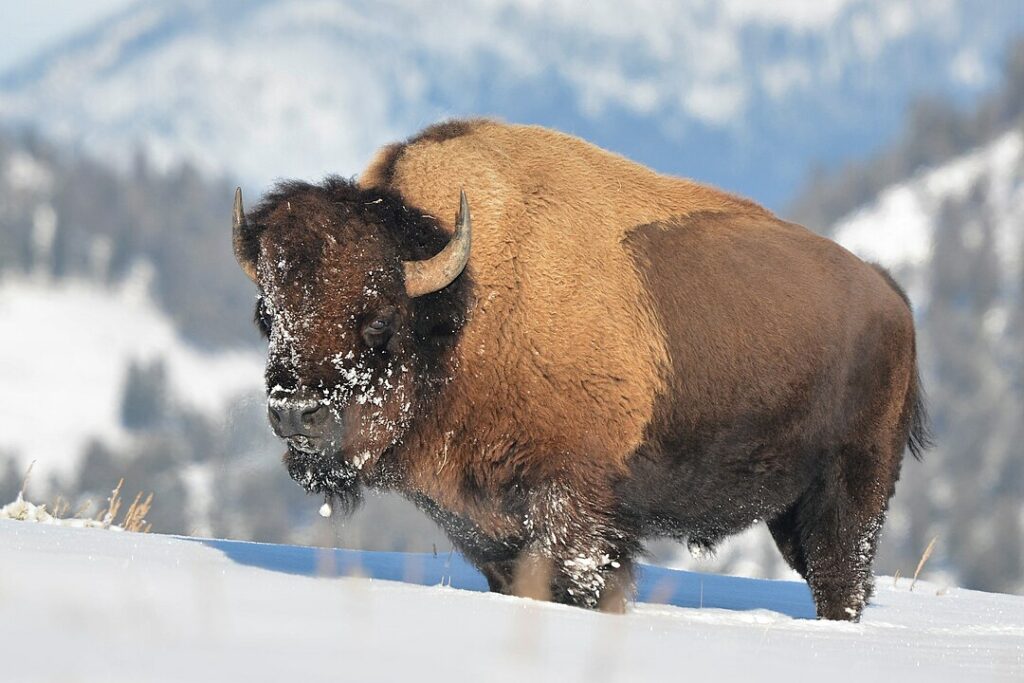
The prophet Ezekiel sings a similar tune. In chapter 34, he has a vision of a covenant of peace when animal predation and violence will be no more, total harmony within nature. In Hosea 2:18, the prophet describes God making a covenant with “the beasts of the field, the birds of the heavens, and the creeping things of the ground” (Hosea 2:18). Those three animal groupings first appeared in the creation week of Genesis 1:1–31, and the effects of the covenant “are cosmic, bringing in security, peace, and prosperity for all.”10
Other passages like Isaiah 11:6–9 and 65:17–25 depict a new heaven and a new earth that function very differently from what we experience now. Some interpret these passages metaphorically, but I don’t think they can all be taken metaphorically (and even if one concedes for the sake of argument that they were metaphorical, the texts still describe something distinctive about life in the eschaton—what is it they are witnessing to?). In any case, the larger point is that eschatology restores protology. Animal suffering before the fall undermines God’s goodness.
Does that mean all animal death is a result of Adam’s sin? I doubt it. Were ants and flies and goldfish immortal in Eden? I have no clue. Scripture is mum on those questions (and many others). At most, based on the eschatological passages mentioned already, we can say that the death of common higher animals results from Adam’s sin. If that’s correct, then evolution is a dead end theologically.
You might be wondering: What about the biblical teaching that eschatology exceeds protology? Eschatology is not merely a return to Eden; the new heavens and new earth promise something far greater. Pre-fall Adam and Eve, for example, were able to sin, but in the New Jerusalem we will be incapable of sinning. That day could not come sooner! The end of the story will be more glorious than the beginning (e.g., see 1 Cor. 15:35–49).

Given this fact about the eschatological state, is it not illegitimate to make inferences about original goodness from eschatological passages?
It is true that eschatological texts often promise greater glories far exceeding protology—the end of the story will be greater than the beginning—therefore such texts cannot tell us anything meaningful about the original creation. But there are exceptions. Several eschatological texts directly echo features of Genesis 1–2 that were lost in Genesis 3. Three come to mind: potential immortality (Gen. 2:17—had Adam and Eve not sinned, they would not have died), the absence of violence, and the absence of thorns and thistles. This conclusion brings us to our next point.
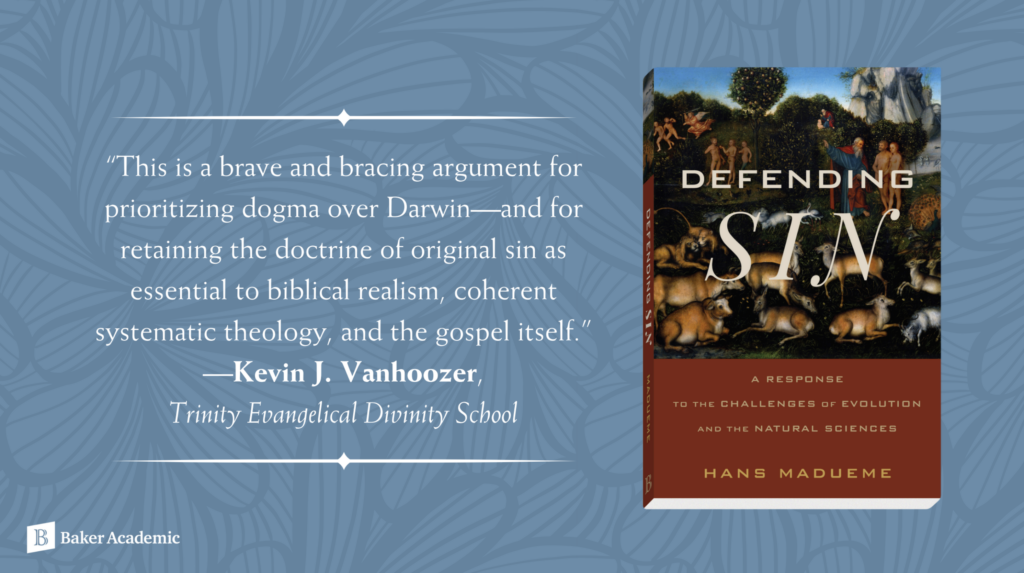
Christianity & Evolution: More Antithesis Than Harmony Series
- Christianity & Evolution: More Antithesis Than Harmony, Part II
- Christianity & Evolution: More Antithesis Than Harmony, Part III
Footnotes
- See https://www.pcahistory.org/pca/digest/studies/creation/report.pdf (PCA report) and https://opc.org/GA/creation.html (OPC report). ↩︎
- https://www.crcna.org/sites/default/files/creation%20and%20science%20agenda%201991.pdf. ↩︎
- On the original Templeton grant, see “The Language of God: BioLogos Website and Workshop,” John Templeton Foundation, https://web.archive.org/web/20140803022218/http://www.templeton.org/what-we-fund/grants/the-language-of-god-biologos-website-and-workshop, accessed October 5, 2024. ↩︎
- For background, see “OT Scholar Bruce Waltke Resigns following Evolution Comments,” Christianity Today, April 9, 2010, https://www.christianitytoday.com/2010/04/ot-scholar-bruce-waltke-resigns-following-evolution/. ↩︎
- For historical context, see Hans Madueme and Michael Reeves, “Adam Under Siege: Setting the Stage,” in Adam, the Fall, and Original Sin: Theological, Biblical, and Scientific Perspectives, ed. Hans Madueme and Michael
Reeves (Grand Rapids: Baker Academic, 2014), vii–xi. ↩︎ - John R. Schneider, Animal Suffering and the Darwinian Problem of Evil (Cambridge: Cambridge University Press, 2020); William Dembski, The End of Christianity: Finding a Good God in an Evil World (Downers Grove, IL:
InterVarsity, 2009); Nicola Creegan, Animal Suffering and the Problem of Evil (Oxford: Oxford University Press, 2013); Michael Murray, Nature Red in Tooth and Claw: Theism and the Problem of Animal Suffering (New York:
Oxford University Press, 2008). ↩︎ - See Joshua Moritz, “Animal Suffering, Evolution, and the Origins of Evil: Toward a ‘Free Creatures’ Defense,” Zygon 49, no. 2 (2014): 348–80. ↩︎
- For example, see James D. G. Dunn, Romans 1–8 (Dallas: Word, 1988), 469–71; Douglas Moo, The Letter to the Romans, 2nd ed. (Grand Rapids: Eerdmans, 2018), 529–41. ↩︎
- Darrell Bock, Acts (Grand Rapids: Baker, 2007), 177. See also David G. Peterson, The Acts of the Apostles (Grand Rapids: Eerdmans, 2009), 182. ↩︎
- J. Andrew Dearman, The Book of Hosea (Grand Rapids: Eerdmans, 2010), 126. ↩︎



